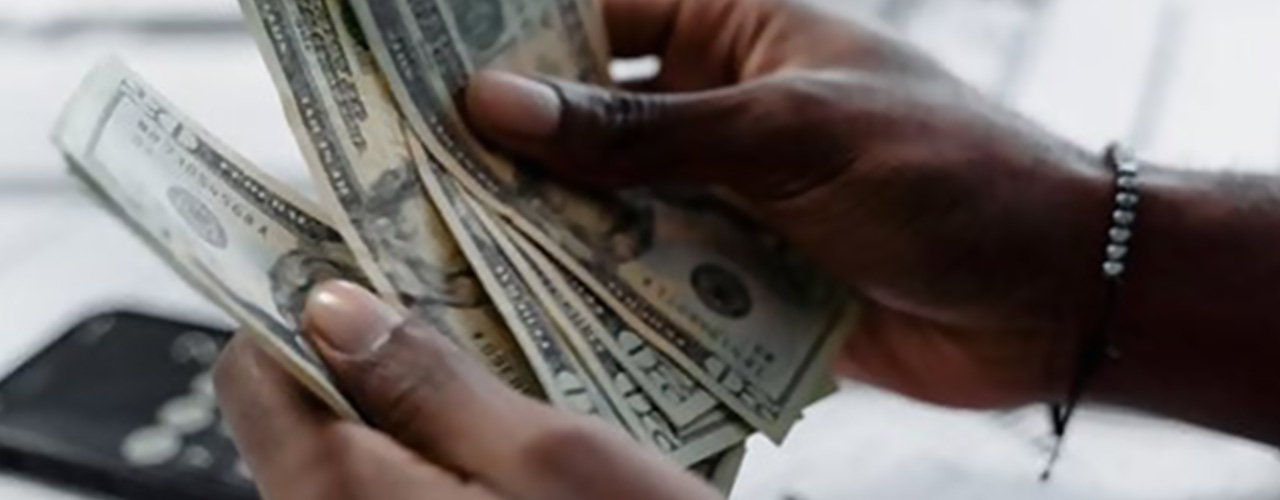
Many Americans opt out of the credit card cycle, choosing not to delay payments or accrue interest to make everyday purchases. They are among the roughly 14 million people who rely on alternative services for their financial needs.
Most adults have used a credit card at some point in their lives. But others find that they are too expensive or difficult to obtain. Banks and other financial institutions usually bring fees, minimum deposit requirements, and other costs that make it difficult for folks with limited cash to open an account. And while you don’t necessarily need a bank account to open a credit card, it helps to have a steady source of income and positive credit history.
Why Not Use Credit Cards?
Credit cards have their benefits for people who pay their balances in full or don’t mind interest charges in exchange for the convenience of a card. But for consumers with more tenuous financial situations, the fees and risks are often just not worth it. Consider the fees associated with this easy-to-acquire but potentially costly credit card:
- Interest rate: 36 percent
- First-year annual fee: $85 – $175
- First-year monthly fees: $0 – $8
- Max late fee: $39
Most credit cards charge compounded interest. That means a percentage of what you owe will be added to your unpaid balance. If you used this card for a $100 coat you couldn’t immediately afford, you could easily end up paying double that amount just for that one purchase.
Avoiding Potential Risk
For many, relying on borrowed money only perpetuates a cycle of debt. Nearly half of Americans struggle to pay off their debt. Assuming you’ll be able to pay off a credit card can even be dangerous, since the balance only gets bigger over time. The more you stall your payments, the harder it is to catch up.
Perhaps you’re unsure what your financial future holds or whether you have the discipline to pay your monthly minimum balance. Not to mention these downsides:
Raised Interest Rates. A card that comes with “universal default” can raise your interest rate if you make a financial mistake such as failing to pay a bill.
Damaged Credit Score. A solid history of credit card payments can improve your score, but the opposite is also true. A poor credit rating can hinder your ability to get a good apartment and have other negative implications down the road.
Increased Spending. For many Americans, the ability to pay for things with a piece of plastic is simply too tempting to avoid.
It easily becomes a cycle that just leads to more money problems later on. With too much unpaid debt, a card can end up frozen or worse. Using other financial services that don’t involve accruing debt might simply be the better choice.
So, What Are the Alternatives?
The truth is, it’s fairly easy to take care of all your financial needs using other means. In addition to cash, there are many alternatives available to people without credit cards or bank accounts. Four common ones include:
Money Orders. With money orders, your payment is always guaranteed to get where you need it to go. People without credit cards often take this route to pay their monthly bills – no worrying about checks getting lost in the mail. If a money order is lost or stolen, it’s completely replaceable with a receipt.
Prepaid Debit Cards. With a prepaid debit card, you get the benefit of plastic when you need it but without the interest charges. They’re safer than cash and simple to use, no bank account necessary.
Prepaid Cell Phone Service. This service is an easy way to pay your cell phone charges. There are a variety of plans at prices that are less than some of the leading phone providers.
Electronic Bill Pay. This is another convenient alternative for paying for your utilities promptly with quick turn-around payments.
Local Community Financial Service Centers across the country offer these services to customers with no appointment necessary. There’s no membership or other requirement. Just stop on by and someone can guide you toward the service that best suits your need.
If you don’t have or want a credit card and need help navigating your options, give us a call or go online to find the nearest CFSC location. We’ll take it from there and help you figure out what services make the most sense for you.